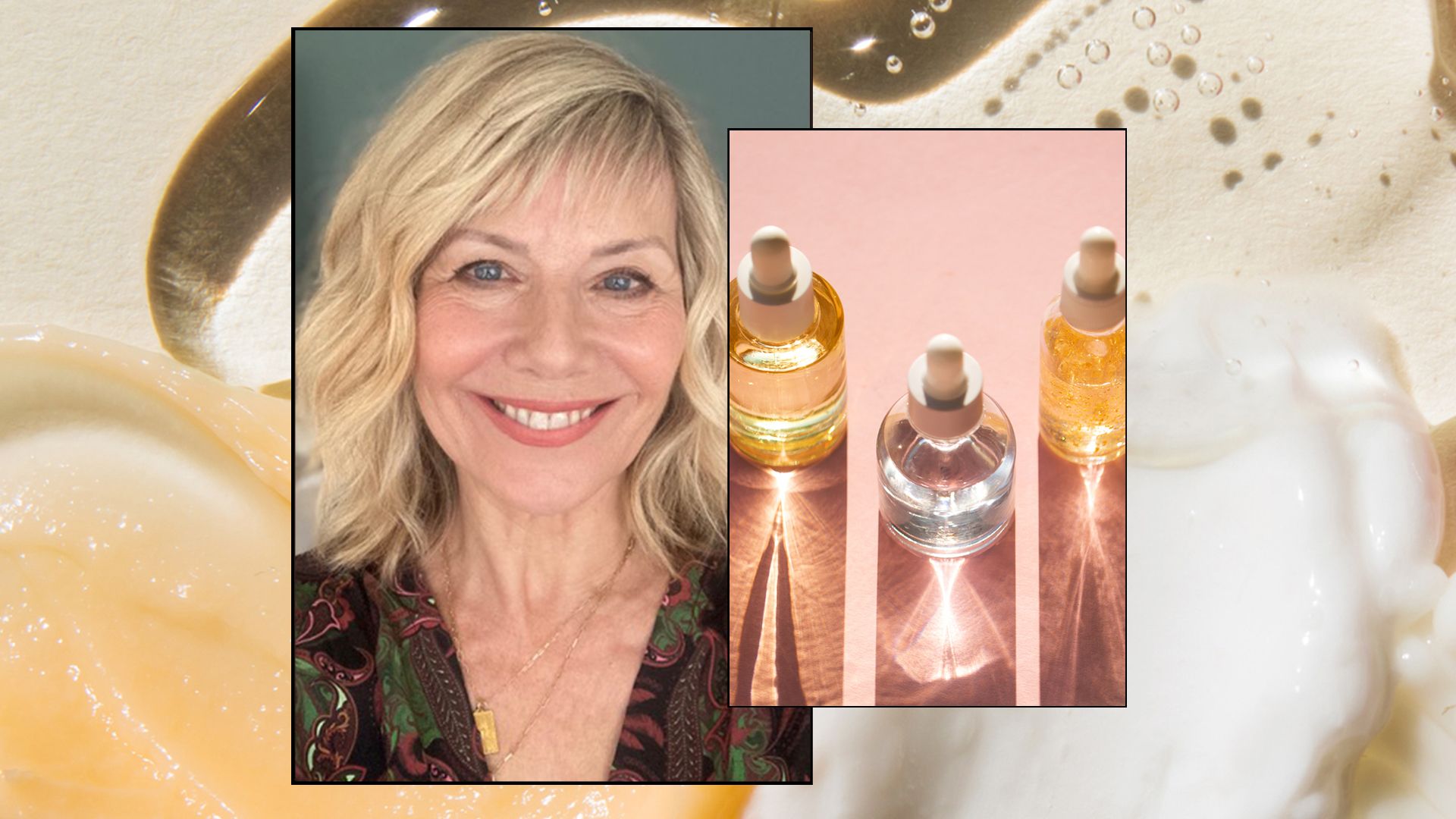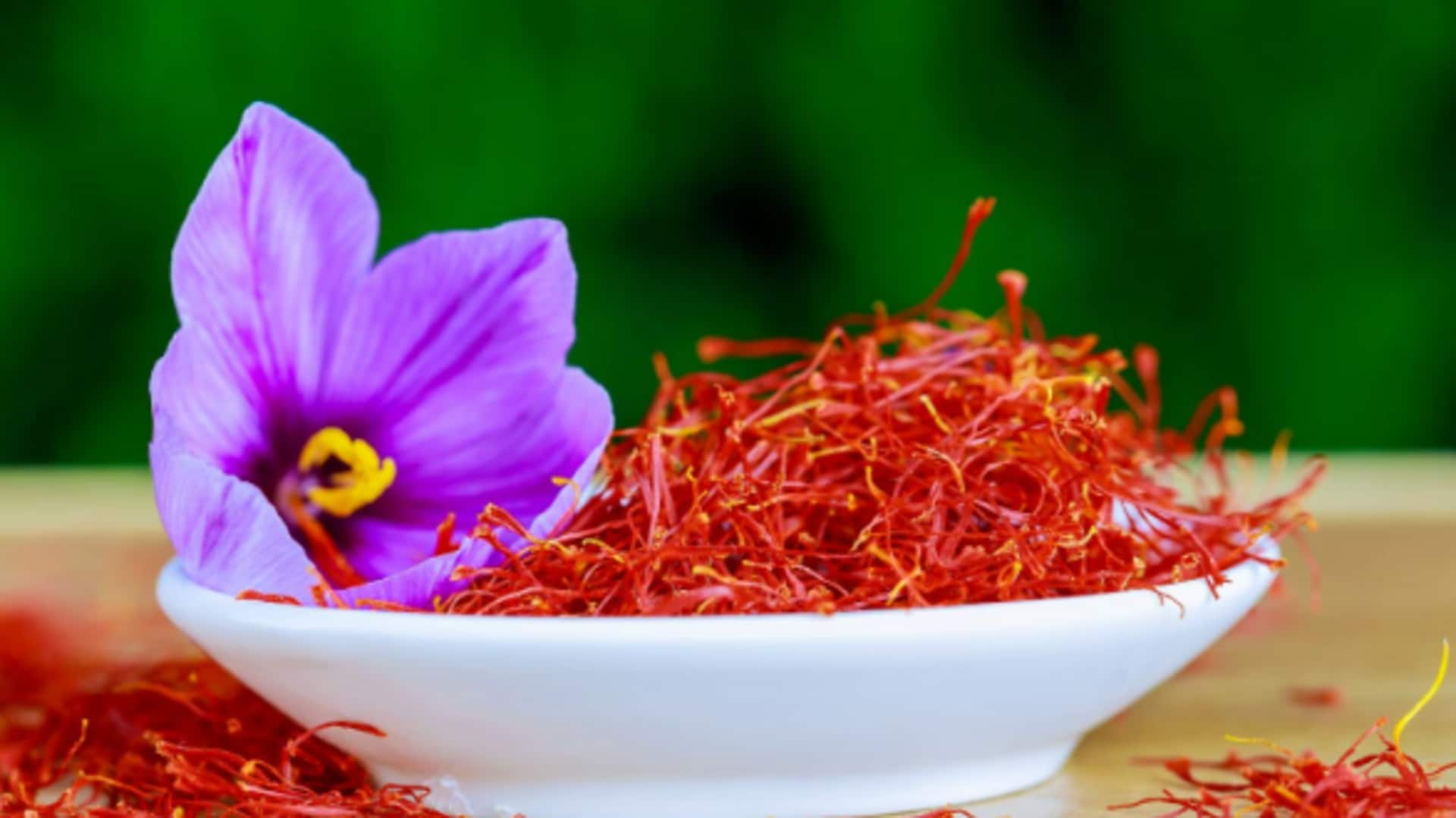When I turned 60 it seemed like the ageing process was put on fast-forward and overnight, my skin changed. I booked in for a Visia Skincare Analysis to properly assess my complexion – and was horrified by the results. The machine is akin to a giant microscope that examines, in great and forensic detail, what's happening underneath your skin.
It looks at skin texture, pores, congestion, bacteria, sun damage and collagen breakdown and after a childhood baking in the African sun, I felt nervous about having my skin examined in such detail. It was no great surprise when the Visia uncovered considerable sun damage and UV spots. However, I was not expecting them to also find an embarrassing number of bacteria and wrinkles.

Lots of wrinkles. My pores were apparently on the large side and the texture was not nearly as smooth as it could be. I was shocked.
After years of people telling me how good my skin was, it was a stark reality check. I was told not to worry, that the clinic had seen a lot worse, but that only made me feel marginally better. Wakeup call My skin analysis turned out to be a game-changing moment for me and afterwards, everything changed.
I was advised to start using active ingredients to target the specifics of ageing skin. Until then, I'd loved using organic skincare, but it was time to switch it up. I worked out which active ingredients I most needed to target the issues I was having with my skin.
For pigmentation in midlife Few people get to midlife without acquiring some pigmentation. I can tell you from personal experience that, with every passing year, it gets worse. As we age, pigmentation rises closer to the surface, while at the same time, our skin begins to thin, making the pigmentation more visible.
We start to get age spots and brown patches appear. Pigmentation leaves us with an uneven skin tone which has a huge impact on the appearance of our complexion, which becomes dull and lacklustre. The solution to pigmentation Look for products that contain vitamin C to battle pigmentation, as it helps to brighten the skin.
I've fallen in love with the skincare brand ARK , which offers the perfect combination of science and ingredients from the natural world. Their Age Defy range is for people over 50 and all of the products under this umbrella contain vitamin C. Their Radiance Serum was specifically designed to target pigmentation and is a favourite of mine.
ADVICE: A beauty editor's honest review of the latest vitamin C serums I also love online pharmacy Victoria Health's skincare brand, DoSe . DoSe products are packed full of active ingredients and are incredibly affordable. They have a wonderful vitamin C Serum which is protective, brightening and super hydrating.
They also have a product to specifically target pigmentation called Alpha Arbutin & Kojic Acid Serum which I've seen brilliant brightening results from using. Alpha hydroxy acids (AHAs) for hyperpigmentation AHAs are a gentle way of exfoliating. Gone are the days of rough physical exfoliators that can damage the skin.
Something that I regrettably did rather a lot of. AHAs leave your skin soft, help to unclog pores and can also lessen pigmentation. Any products applied afterwards will absorb better and be more effective.
However, some AHAs are hard to tolerate. To be on the safe side, look for azelaic acid, a non-irritating gold standard AHA that can be safely used even by people with rosacea. Azelaic acid has a calming effect on irritated or red skin and helps to improve the appearance of uneven skin, diminishing blemishes.
It even has some retinol-type properties that help with cell turnover and is great for ageing skin. Retinols for ageing skin Retinol is one of the best ingredients for ageing skin, helping to minimise the appearance of lines and uneven skin tone, while also helping to smooth any surface irregularities. But, and this is a big but, it can be incredibly hard to tolerate.
SHOP: 12 retinol creams and serums to amplify your skincare: The formulas we love to use I tried retinol on and off for years and had such a bad reaction that I eventually gave up. My skin never got used to it and at one stage, started flaking uncontrollably for months. I now know I was using a prescription retinol which was way too strong for me.
I found that when I started using non-prescription versions, I was able to tolerate it. My advice is to start slowly. I would begin with a mild retinol and only use it once a week for the first seven days, then slowly build up to two or three times a week.
You should only use a small amount for the entire face and be sure to avoid the eye area. I like DoSe's Granactive Retinoid 5% because it's designed to be non-irritating. It also contains ergothioneine to reduce the look of lines and wrinkles, as well as hyaluronic acid for hydration.
This combination protects the skin from oxidative stress, evens out skin tone, hydrates and improves skin clarity. Remember that retinols make your skin more sensitive to the sun so it's crucial that you wear an SPF every day while using them. Retinol alternatives for midlife skin If you are too sensitive to try retinol or are concerned about sun sensitivity, bakuchiol is a natural alternative I use in the summer months.
It supports collagen production, helps cell turnover and softens lines and wrinkles, like retinol. It has the added benefit of calming redness and reducing pigmentation. A bakuchiol I rate is by skin guru Marie Reynolds.
All her products are magical and this one is a supercharger - just add a few drops of her Bakuchiol to your usual nighttime product to see the benefits. MORE BEAUTY: I'm a beauty editor - and this is the skincare I use last thing at night Sun protection in midlife There's no point tackling pigmentation and then putting your face in the sun and building up more of it. Hands down the best sun protection products I've come across are by EVY .
They offer a light mousse that's easy to apply and the best part is that it remains in place for six hours no matter if you sweat or swim. This is great if you have an active day running around in the hot sun or at the beach, where the sand makes reapplying tricky. SHOP: 12 of the best sunscreens for your face: the best formulas for summer 2024 My other skincare essentials Beauty editors love this magical mask.
It feeds your face and offers healing properties, helping bruises disappear quickly. It leaves my skin super soft with a velvety texture and it comes in a large pot that lasts ages. I use it once or twice a week and always before filming or a photo shoot.
I only recently discovered this unusual-sounding ingredient, but I am a big fan. It's an amino acid derived from mushrooms and is a potent antioxidant. It's particularly good for ageing skin as it improves skin turnover and is an effective collagen support.
It also protects against pollution and oxidative stress. Peptides are one of the most effective ingredients for mature skin and this one also contains neurophroline which is brilliant for stressed skin. And who isn't stressed? Stress is bad for skin because cortisol (the stress hormone) is released all through the body, including the skin, where it causes havoc.
Neurophroline breaks down the cortisol production in our skin and has a soothing effect. This helps to minimise collagen damage and inflammation. To find out more about my beauty routine and favourite products, visit Ageless by Glynis Barber .
You can also find many videos on the subject on the Ageless YouTube channel ..



















